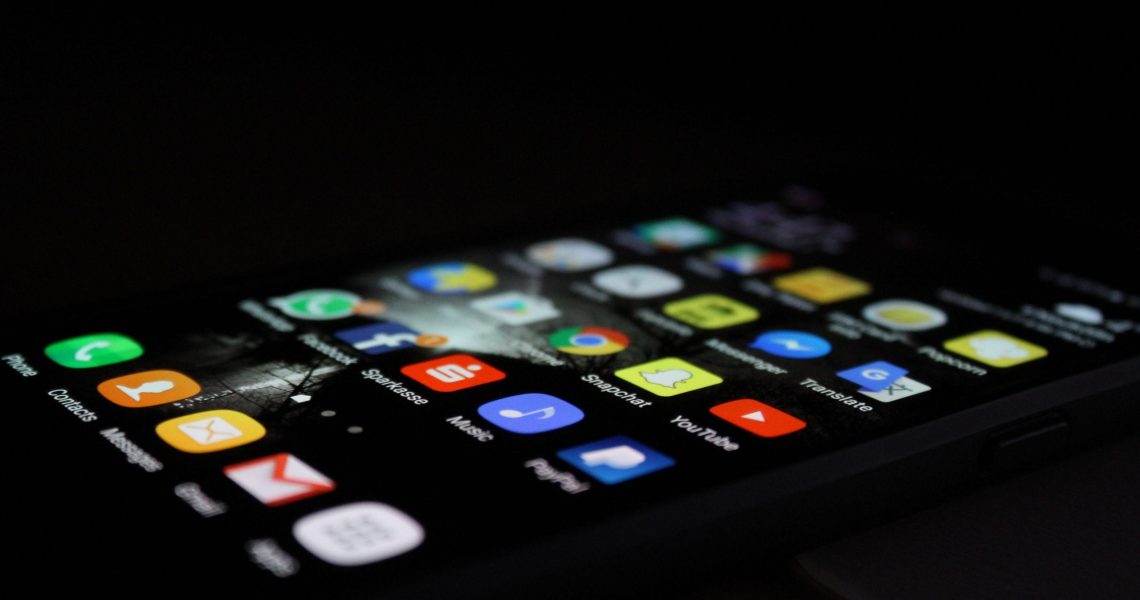“Social connection is such a basic feature of human experience that when we are deprived of it, we suffer.”
-Leonard Mlodinow
Social media is a means of connection that allows us to keep in touch with friends and loved ones that live far away; to create a network of individuals and organizations that share our same challenges, passions and interests and provides us with a distraction from our everyday lives. It connects us with those that we may have lost touch with and allows us to participate in events or special moments via live streaming. We are able to document and share snapshots of our lives, delicious meals we enjoy, and just about anything that makes us laugh.
If there are so many ways to connect through social media, then why are more of us experiencing daily loneliness? The most recent Gallup poll, in November of 2020, indicated that 24% of Americans experience daily loneliness.. And a Cigna study on loneliness stated that the highest percent of loneliness was experienced by 18-22 year olds who were heavy social media users, online between 3 to 5 hours per day.
“As connected as we are with technology, it’s also removed us from having to have human connection, made it more convenient to not be intimate.”
– Sandra Bullock
Gen Z, those born between 1995 and 2015, is the most connected generation. They were practically born with a device in their hand – yet they are the generation experiencing the most loneliness and sense of disconnection. The lack of deep personal connections on social media allows us to have a 1,000 followers and still no real connection. One of the most basic human needs is to know, be known and to be accepted for who we are. In general, social media posts are superficial or filtered to only show the best version of our lives so no one sees the real you. As a result, social media provides little to no emotional validation because nobody actually knows you.
“Comparison is the thief of joy.”
– Theodore Roosevelt
Social media has also been shown to increase depression, anxiety and the fear of missing out (FOMO). Several studies have looked into the connection between mental health and social media use – while it is inconclusive in determining which is the root cause the connection exists. The University of Pennsylvania conducted a study which limited undergraduate access to social media to 10 minutes per platform per day for 3 weeks. At the end of the study, they found a significant reduction in loneliness, depression, anxiety and fear of missing out.
So how do you balance the benefits of connection through social media with the potential pitfalls?
- Limit the amount of time spent on social media to 30 minutes per day as recommended by the University of Pennsylvania.
- Be selective in your connections – unfollow or block negative people and content that creates a negative response in you.
- Create a positive community – look for groups that share your passions, interests or challenges.
- Create opportunities for face to face connections – volunteer, meet up with friends and family, connect through sports or a hobby you enjoy. Be creative during social distancing, use FaceTime or Zoom when you can’t connect in person.
If you continue to struggle with loneliness or in finding balance with social media, reach out for help! We have therapists that can help you develop coping methods and skills to find balance in your life. Click here for further information or to schedule an appointment.
“We need to remind ourselves of the beauty of human connection and of nature and pull ourselves out of devices for a moment and appreciate what it is just to be human beings.”
– Olivia Wilde

